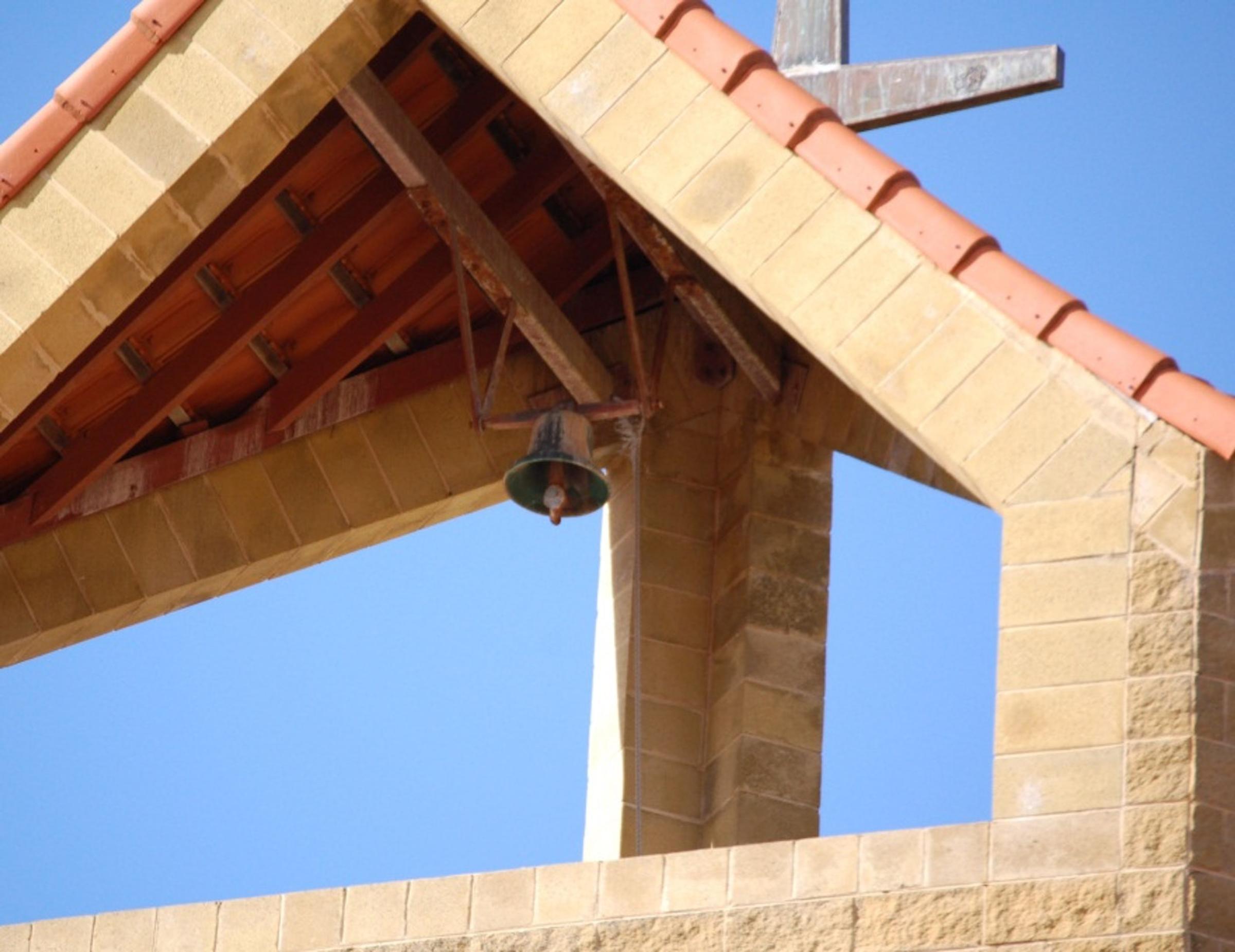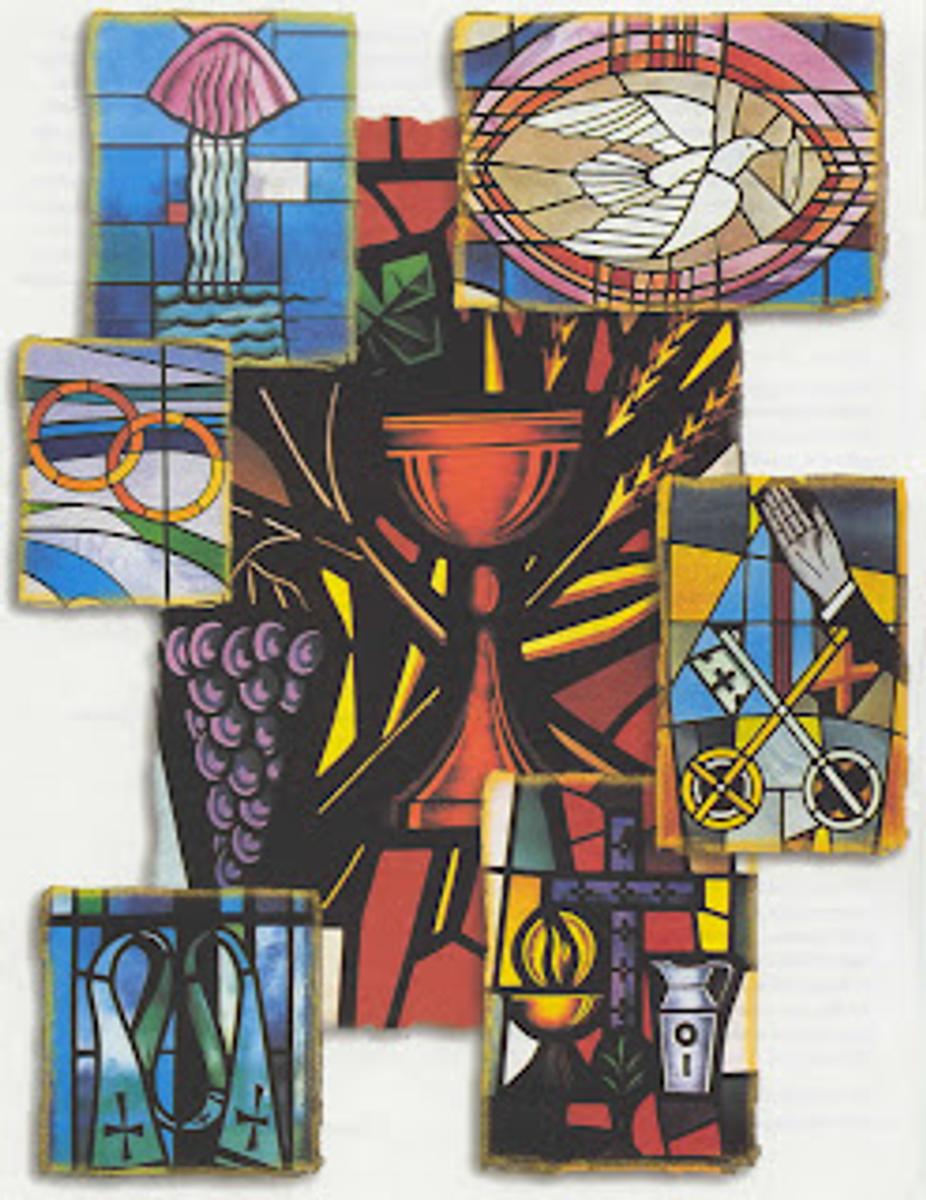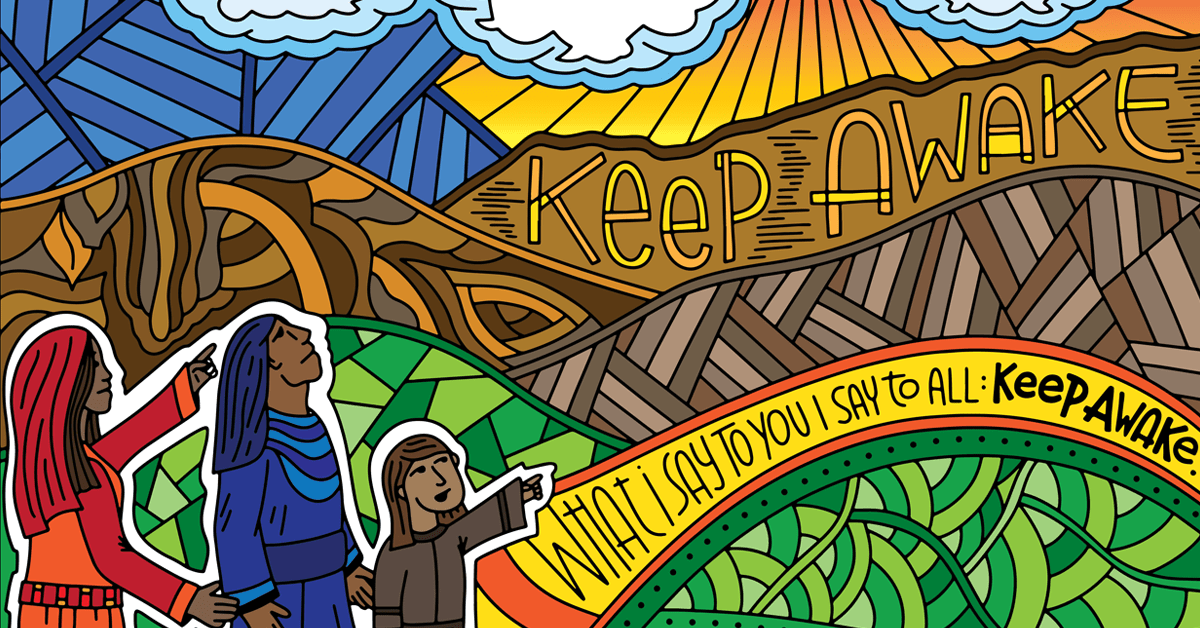Liturgy

Do you have a child in Year 2, 3 or 5?
Parishes have begun enrolling for their 2024 Sacrament Programs and parents are encouraged to enrol their child in their ‘home’ parish.
The program is family-focused, parish-based, Catholic school-supported. This means that parents are respected as first educators in the faith of their children.
The family is supported by the College Religious Education program. In Year 3, students are taught the content for First Reconciliation; in Year 4, the content for First Holy Communion and in Year 6, the content for Confirmation. Students celebrate these sacraments in their parish.
Each Parish has their own unique Sacrament program. Parents often have questions about the Sacrament program, so don’t be afraid to ask:
- Your parish priest or Sacrament Coordinator
- The Archdiocesan website;
- Mary-Anne Lumley mary-anne.lumley@cew.edu.au 08 9383 0513.
Good news for the First Sunday in Advent
Mark 13:33-37
From your own experience, waiting for exam results, the birth of a child, the dying of someone you love, isn’t it extremely rare for time to pass in the measured way that our clocks and watches suggest? Isn’t time a very mysterious, elastic dimension in which we live?
And have you found that often the anticipation of a future event affects our sense of present time. It can dictate what we do in the meantime. Sometimes that future event never materializes, which can leave us feeling somewhat foolish, sometimes disappointed, sometimes relieved.
But what if we knew with certainty that some major life determining event would most definitely occur, even in the remote future? Wouldn’t that create within us a certain attitude, a certain way of life, in anticipation?
That is what this Gospel story is really about. Our Lord portrays himself as the Master who goes away on a journey. It is certain that he will return, even if no-one in his household knows exactly when. Jesus of Nazareth, who has journeyed through the gateway of death to Heavenly glory will definitely return and be revealed clearly to be: the Lord of all history, the Sovereign of all time.
What do we do in anticipation? How do we spend our time, meantime?
Our Lord, the Master, indicates we have a choice. We can close our eyes and enter into the world of dreams where we create our own fantasy futures, or we can stay awake and alert to do what our Lord wants us to do in anticipation of his return. As the Gospel story tells us: ‘He left his servants in charge, giving to each his work.’ We are his servants. He has left you and me – his servants – to do a particular work, to fulfil a particular role in this phase of human history.
Each of us has a unique task, an irreplaceable role in the history of humankind. Be alert, be on the watch for the promptings of the Holy Spirit Who will tell you with a deep sense of certainty what that role is.
For most, it will be when you love someone dearly, real love, the willingness-to-die-for-the-other love of a spouse or partner or child. No-one else could do it. For others, it will come in work or some expertise when you know that this task was for your talent alone. No-one else could do it. For others, it can come in a moment of sporting endeavour or artistic exhilaration. No-one else could do it. Or it can come when one takes a stand for something believed to be right, persevering against the odds for the sake of justice. No-one else could do it.
At that moment, you know why you were ‘put on the planet’ at this time and no other – why you were loved into existence for ‘now’ rather than a hundred years previously or in the future. You must be true to that one task or role given to you by the Master, Jesus Christ.
Then, when he comes in all his Glory at the end of history, he will find that you had anticipated His advent with the timely living of every moment of your existence.
Then you will hear the marvellous words:
'Come, good and faithful servant,
come, inherit the Kingdom prepared for you
since the foundation of the world.’
The reflection is from Father Michael Tate and is used with permission. Rev. Prof. Michael Tate was a Senator for Tasmania from 1978-93 and Ambassador to The Hague and the Holy See from 1993-96. He is currently Vicar-General in the Archdiocese of Hobart and is an Honorary Professor of Law at the University of Tasmania where he lectures in International Humanitarian Law.


